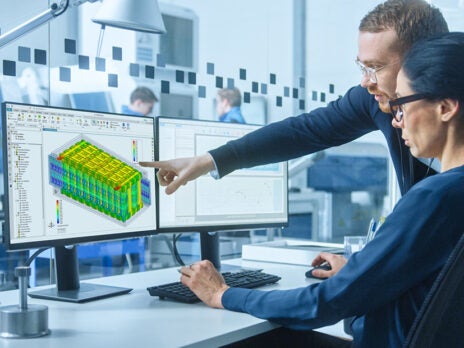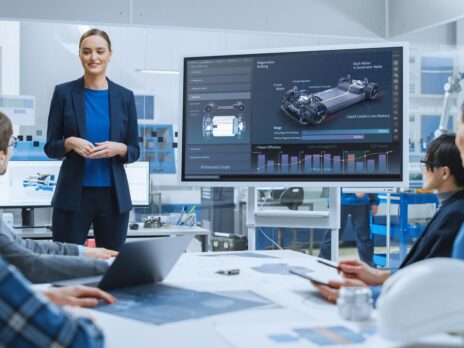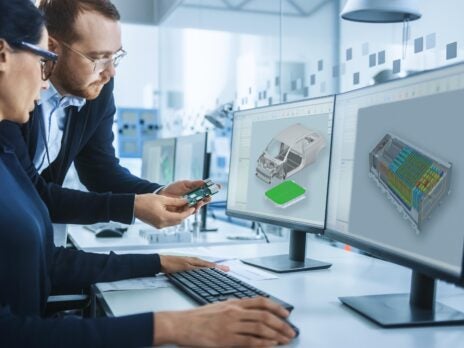Höegh Autoliners has signd a contract with China Merchants Heavy Industry (Jiangsu, CMHI) for four fixed and eight optional multi-fuel and zero carbon Aurora class vessels.
Through the terms of the agreement, the first two vessels will be delivered in the second half of 2024 and the next two in the first six months of 2025.
In addition, Höegh Autoliners has options for another four, plus four Aurora class vessels.
The Aurora class will have DNV’s (maritime classification society) ammonia and methanol ready notation. Höegh maintains the vessel will be the first in the PCTC (Pure Car and Truck Carrier) segment to operate on zero carbon ammonia.
“We are proud to partner with one of the largest and most reputable shipbuilders in China,” said Høegh Autoliners chairman, Leif O Høegh.
“The collaboration with China Merchants Industry represents a breakthrough in reaching our ambitious net zero emissions target by 2040. The design of the zero carbon ready Aurora class will enable our customers to decarbonise their supply chain.”
Content from our partners



For his part, Höegh Autoliners CEO, Andreas Enger, added: “We are excited to partner with China Merchants Heavy Industry and secure the delivery of the world’s largest and most environmentally friendly PCTC vessels already by 2024.
“The Aurora class represents the future of our business. It will further strengthen our service offering, accelerate our path to zero and put us in the forefront of sustainable shipping.”
China Merchants Industry has been expanding its shipbuilding business during the past two years and is now the largest PCTC builder and one of the biggest ship manufacturing groups in China. China Merchants Industry owns Deltamarin, which has designed the new Höegh Autoliners Aurora class.
The Aurora class strengthened decks and enhanced internal ramp systems enable electric vehicles on all decks and provides more flexibility for heavier project cargo.
The vessel’s multi-fuel engine can run on marine gas oil (MGO) and LNG.
With modifications, the vessel can transition to use future zero carbon fuels including ammonia or methanol.
https://www.hoeghautoliners.com/news-and-media/news-and-press-releases/hoegh-signs-contract-with-china-merchants-heavy-industry-to-build-a-series-of-its-zero-carbon-ready-aurora-class-vessels
